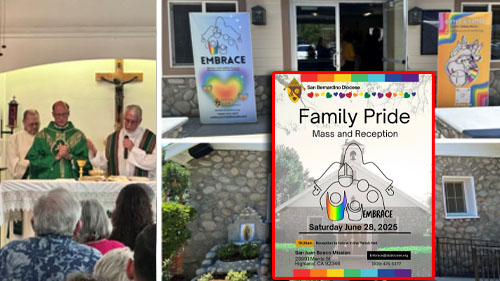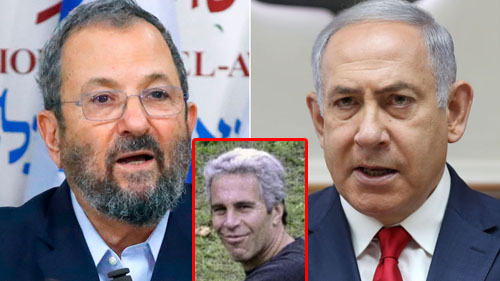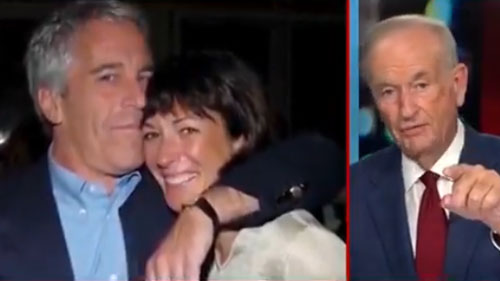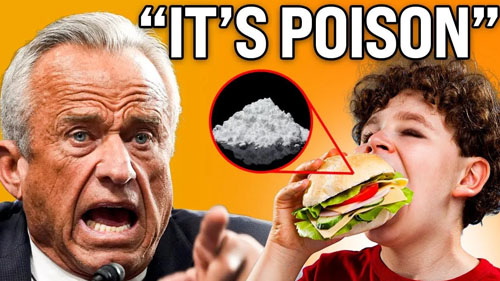| Recent Featured Videos and Articles | Eastern “Orthodoxy” Refuted | How To Avoid Sin | The Antichrist Identified! | What Fake Christians Get Wrong About Ephesians | Why So Many Can't Believe | “Magicians” Prove A Spiritual World Exists | Amazing Evidence For God | News Links |
| Vatican II “Catholic” Church Exposed | Steps To Convert | Outside The Church There Is No Salvation | E-Exchanges | The Holy Rosary | Padre Pio | Traditional Catholic Issues And Groups | Help Save Souls: Donate |  |









 " />
" /> " />
" /> " />
" /> " />
" /> " />
" />




New Study Explains How The HPV Vaccine Can Trigger “An Extremely Wide Spectrum Of Autoimmune Diseases”
The powerful government-pharmaceutical industry partnership that has been foisting human papillomavirus (HPV) vaccination on girls and boys around the world since 2006 now has working-age adults within its sights. Merck’s Gardasil 9 received U.S. Food and Drug Administration (FDA) approval for expanded use in the 27-45 age group in late 2018, and there are signs that a campaign is afoot to achieve the same end result in other countries.
HPV vaccines have been linked to over 100,000 reported adverse events globally, including disabling autoimmune conditions and deaths, but officials seem unconcerned. Merck set the tone for the truth-stretching claim that HPV vaccine risks are “negligible” when it conducted its initial clinical trials for Gardasil and dismissed as irrelevant the serious medical conditions that arose—within seven months—in half of all participants who received the vaccine.
With the accumulation of studies since those early trials, it is getting harder to deny the existence of a disabling post-HPV vaccination syndrome. Although researchers admit that they do not yet fully understand the mechanisms whereby HPV vaccines wreak their autoimmune havoc, the phenomenon of immune cross-reactivity offers one highly plausible explanation. In a new study in Pathobiology, two of the most-published researchers on this topic report on the overlap between human proteins and HPV antigens. The authors consider their results indicative of “a cross-reactivity potential capable of triggering an extremely wide and complex spectrum of autoimmune diseases.”...
Scientists view autoimmunity as the prolonged and pathological response that arises when the immune system gets confused between “self” and “non-self” due to molecular similarities between an environmental agent and the host. The specific hypothesis—called molecular mimicry—is that “either a virus or bacteria…initiate and exacerbate an autoimmune response through sequence or structural similarities with self-antigens.”
Sign up for our free e-mail list to see future vaticancatholic.com videos and articles.
Recent Content
^